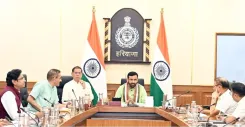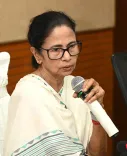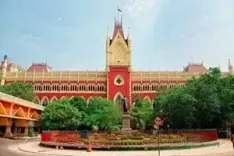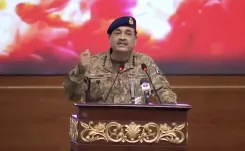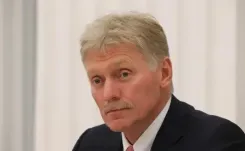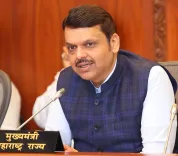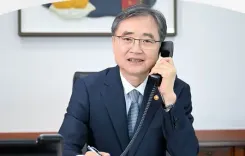Amit Shah Leads High-Level Meeting to Combat Narcotics Networks and Inter-State Gangs
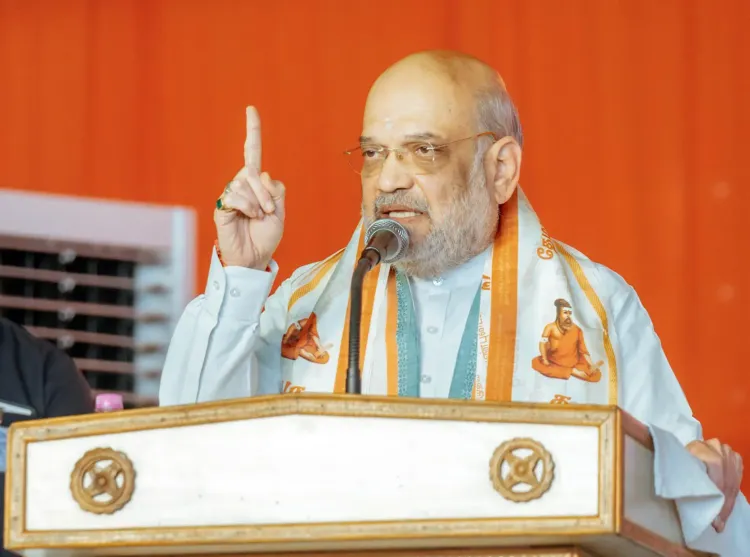
Synopsis
Key Takeaways
- Amit Shah emphasizes rapid actions for a secure Delhi.
- Focus on addressing illegal intrusions and networks.
- Call for special prosecutors to expedite 2020 riots cases.
- Encouragement for police to engage with local communities.
- Proposal for a 'Monsoon Action Plan' to combat flooding.
New Delhi, Feb 28 (NationPress) Union Home Minister Amit Shah presided over a critical meeting concerning the law and order framework of the national capital, which was attended by Delhi Chief Minister Rekhta Gupta, Minister Ashish Sood, and the Commissioner of Police. The discussions spanned various topics, including national security, addressing the perpetrators of the 2020 riots, and a stringent crackdown on the narcotics trade and traffickers.
Union Home Minister Amit Shah emphasized that the double engine government is committed to advancing a developed and secure Delhi, aligning with the aspirations of Prime Minister Narendra Modi.
He underscored the importance of protecting the national capital from illegal intrusions and halting unlawful infiltration, a concern that resonated during the recent elections in Delhi.
He called for decisive action against networks facilitating the entry of Bangladeshi and Rohingya intruders by aiding their documentation and enabling their residency in the city.
“The issue of illegal intruders is also a matter of national security, which needs to be addressed rigorously, ensuring their identification and deportation,” stated the Home Minister.
He pushed for a comprehensive approach to “eradicate inter-state gangs operating in Delhi” and advocated for a thorough strategy to dismantle the entire narcotics trade network.
Furthermore, the Home Minister recommended that the Delhi government appoint special prosecutors for expedited handling of 2020 Delhi riots cases and urged the Delhi Police to initiate recruitment for additional positions without delay.
He stressed the necessity of enhancing the police force’s versatility and effectiveness, suggesting that DCP-level officers should visit police stations to hold public hearings and address community issues.
“Delhi Police must identify locations experiencing regular traffic congestion, and the Commissioner of Police along with the Chief Secretary should collaborate to find swift solutions to alleviate the public's difficulties,” he proposed.
A general agreement was reached regarding actions against underperforming police stations and subdivisions.
He also urged the Delhi government to formulate a 'Monsoon Action Plan' to preemptively address waterlogging by pinpointing areas susceptible to flooding.

